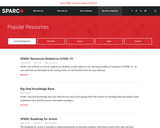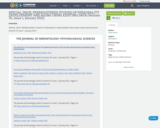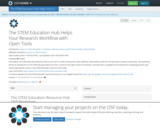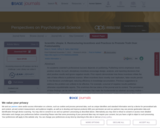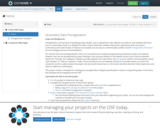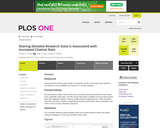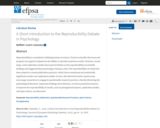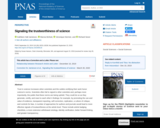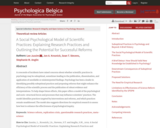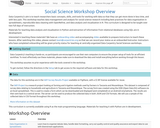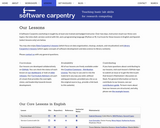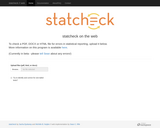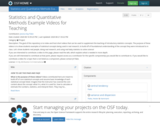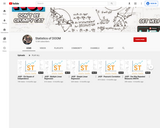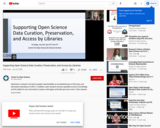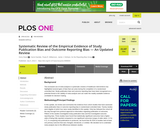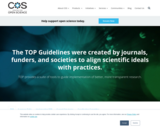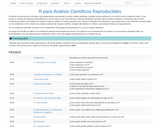
Una introducción a R utilizando los datos de Gapminder. El objetivo de esta lección es enseñar a las programadoras principiantes a escribir códigos modulares y adoptar buenas prácticas en el uso de R para el análisis de datos. R nos provee un conjunto de paquetes desarrollados por terceros que se usan comúnmente en diversas disciplinas científicas para el análisis estadístico. Encontramos que muchos científicos que asisten a los talleres de Software Carpentry utilizan R y quieren aprender más. Nuestros materiales son relevantes ya que proporcionan a los asistentes una base sólida en los fundamentos de R y enseñan las mejores prácticas del cómputo científico: desglose del análisis en módulos, automatización tareas y encapsulamiento. Ten en cuenta que este taller se enfoca en los fundamentos del lenguaje de programación R y no en el análisis estadístico. A lo largo de este taller se utilizan una variedad de paquetes desarrolados por terceros, los cuales no son necesariamente los mejores ni se encuentran explicadas todas sus funcionalidades, pero son paquetes que consideramos útiles y han sido elegidos principalmente por su facilidad de uso.
- Subject:
- Applied Science
- Computer Science
- Information Science
- Mathematics
- Measurement and Data
- Material Type:
- Module
- Provider:
- The Carpentries
- Author:
- A. s
- Alejandra Gonzalez-Beltran
- Ana Beatriz Villaseñor Altamirano
- Antonio
- AntonioJBT
- Belinda Weaver
- Claudia Engel
- Cynthia Monastirsky
- Daniel Beiter
- David Mawdsley
- David Pérez-Suárez
- Erin Becker
- EuniceML
- François Michonneau
- Gordon McDonald
- Guillermina Actis
- Guillermo Movia
- Hely Salgado
- Ido Bar
- Ivan Ogasawara
- Ivonne Lujano
- James J Balamuta
- Jamie McDevitt-Irwin
- Jeff Oliver
- Jonah Duckles
- Juan M. Barrios
- Katrin Leinweber
- Kevin Alquicira
- Kevin Martínez-Folgar
- Laura Angelone
- Laura-Gomez
- Leticia Vega
- Marcela Alfaro Córdoba
- Marceline Abadeer
- Maria Florencia D'Andrea
- Marie-Helene Burle
- Marieke Frassl
- Matias Andina
- Murray Cadzow
- Narayanan Raghupathy
- Naupaka Zimmerman
- Paola Prieto
- Paula Andrea Martinez
- Raniere Silva
- Rayna M Harris
- Richard Barnes
- Richard McCosh
- Romualdo Zayas-Lagunas
- Sandra Brosda
- Sasha Lavrentovich
- Shirley Alquicira Hernandez
- Silvana Pereyra
- Tobin Magle
- Veronica Jimenez
- juli arancio
- raynamharris
- saynomoregrl
- Date Added:
- 08/07/2020

